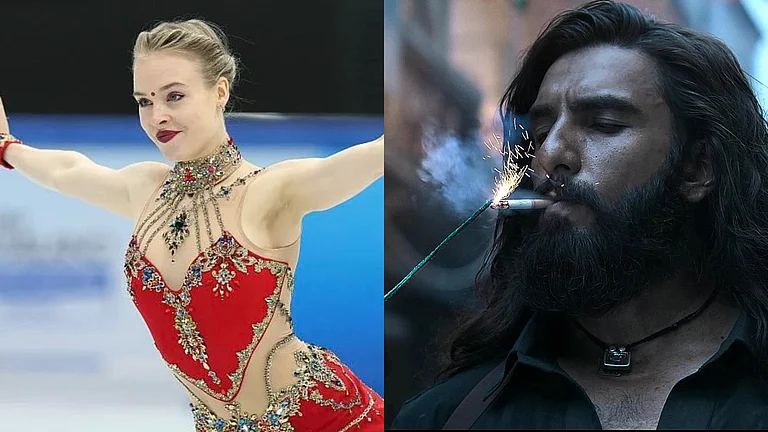As we move through the prolonged trauma of the pandemic, it becomes important to look at this crisis not merely as a drastic disruption of our private and collective lives – which it is without a doubt – but also examine the ways in which it has forced us to take a harder, more critical look at older problems that we’ve done little to address. In many ways, it has pushed us years into the future – notably in our adoption of technology and especially virtual learning modes in education.
But, the same push has bared the acute reality of people excluded from this forced techno-futurism, students from the strata of society where the lack of access to these technologies has led to failures and disasters that might not have befallen us otherwise.
One such critical issue at hand is the now-unavoidable question of when to hold the CBSE examination in 2021. Inseparable from the issue is the question whether the reduced syllabus – which has been made inevitable by the disruption of classroom instruction this year – will make students less prepared for the subsequent stages of their career. Are these students going to come out of school knowing less? Will, it put them at a disadvantage when they face college? What about the barrage of entrance and competitive examinations that await many of them, including the JEE and NEET exams which also stand to be postponed in 2021?
Many students are anxiously awaiting the virtual interaction with the Education Minister on December 10, where he is expected to discuss the decisions related to the CBSE and the qualifying entrance examinations in 2021. The Central Board has already shared its decision to eliminate certain portions of the syllabus.
Given the urgency of the situation, its decision expectedly bears the look of a rushed approach, where certain archives seem to just have been lopped off arbitrarily. More worryingly, certain omissions in the social sciences reveal an unmistakably ideological bent: the elimination of sections on citizenship, secularism, and nationalism in Class 11 political science, or chapters on democracy and diversity, gender, religion and caste in Class 10 social science.
While it is first and foremost an immediate problem – just like the inclusion-exclusion dynamic of technology in education – the abridgement of school syllabi is also a great occasion to imagine long-term reform.
The short answer to the question in the title of this article is an emphatic “No”. A reduced board exam syllabus certainly does not make students less competitive in any way. If done properly, it can make them far more competitive.
Educationist Howard Gardner has for decades argued against what he calls the “coverage” model of school curriculum. The urge to “cover” everything on the syllabus invariably leads to an obsession with quantity of factual information that eliminates the possibilities of what to Gardner are the far more critical “epistemic forms” that underlie each discipline. As he says, we need to “uncover” the disciplines far more than we need to “cover” them!
Crucial to this process is the understanding of the working principles behind the disciplines. Thinking like a historian is very different from thinking like a literary critic, or a biologist. Learning a subject is not just about covering a canon in detail or taking in a lot of information; it is also assuming the very mode of thought that defines and distinguishes that particular discipline.
Is history restricted to the sphere of the rational? Is the idea or the practice of literature separable from the figure of the author? Does the market have an alienating effect on individuals? What relation do the three regular states of matter: solid, liquid, and gas share with their unusual fourth – plasma? Does the fact that plasma occurs naturally only in outer space make this relationship a unique one?
It is sad that some of these fundamental questions actually drive the natural curiosity of the growing child, often playfully, before they are quashed under the weight of the coverage model of school education. In her witty and revealing book on parenting, Karmic Kids, popular writer Kiran Manral tells the story of her young boy’s raging curiosity about the material conditions of the universe – powered by his fascination with (of course) Superheroes: why doesn’t Superman combust spontaneously as he enters the Earth’s atmosphere?
“He has special Kryptonite skin which is non-inflammable,” Manral sagely tells the boy absorbed in the movie. Kids always get to the right questions. It takes the full grandeur of the CBSE curriculum to cure them of their thirst for knowledge.
The pandemic has suddenly called upon us to abridge our school curricula. Can we really rise to the occasion? Not just this year – but in the long run?
(With research input by Harshita Tripathi)
(Saikat Majumdar writes about arts, literature, and higher education. @_saikatmajumdar. he views are personal and do not necessarily reflect that of Outlook magazine.)


























